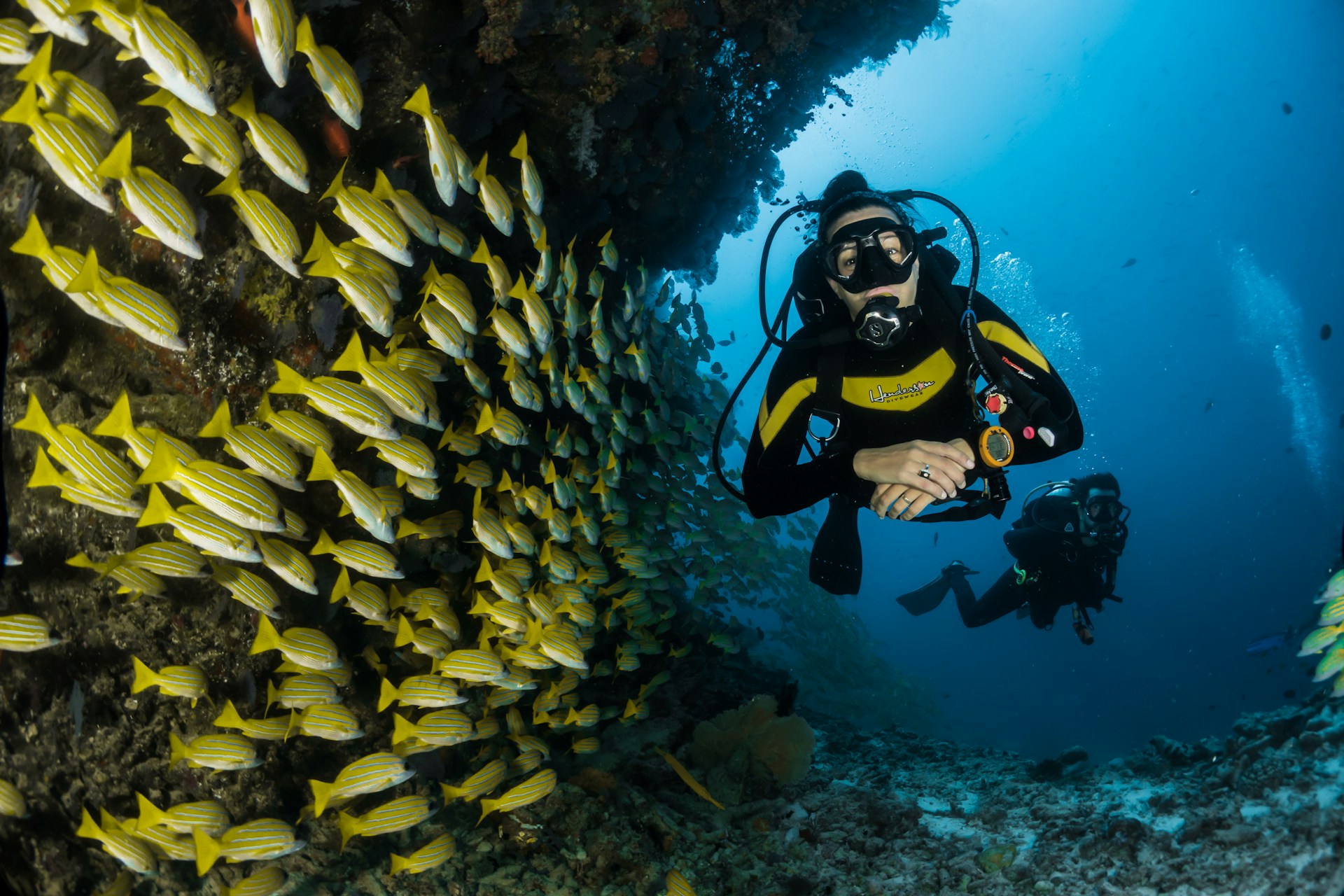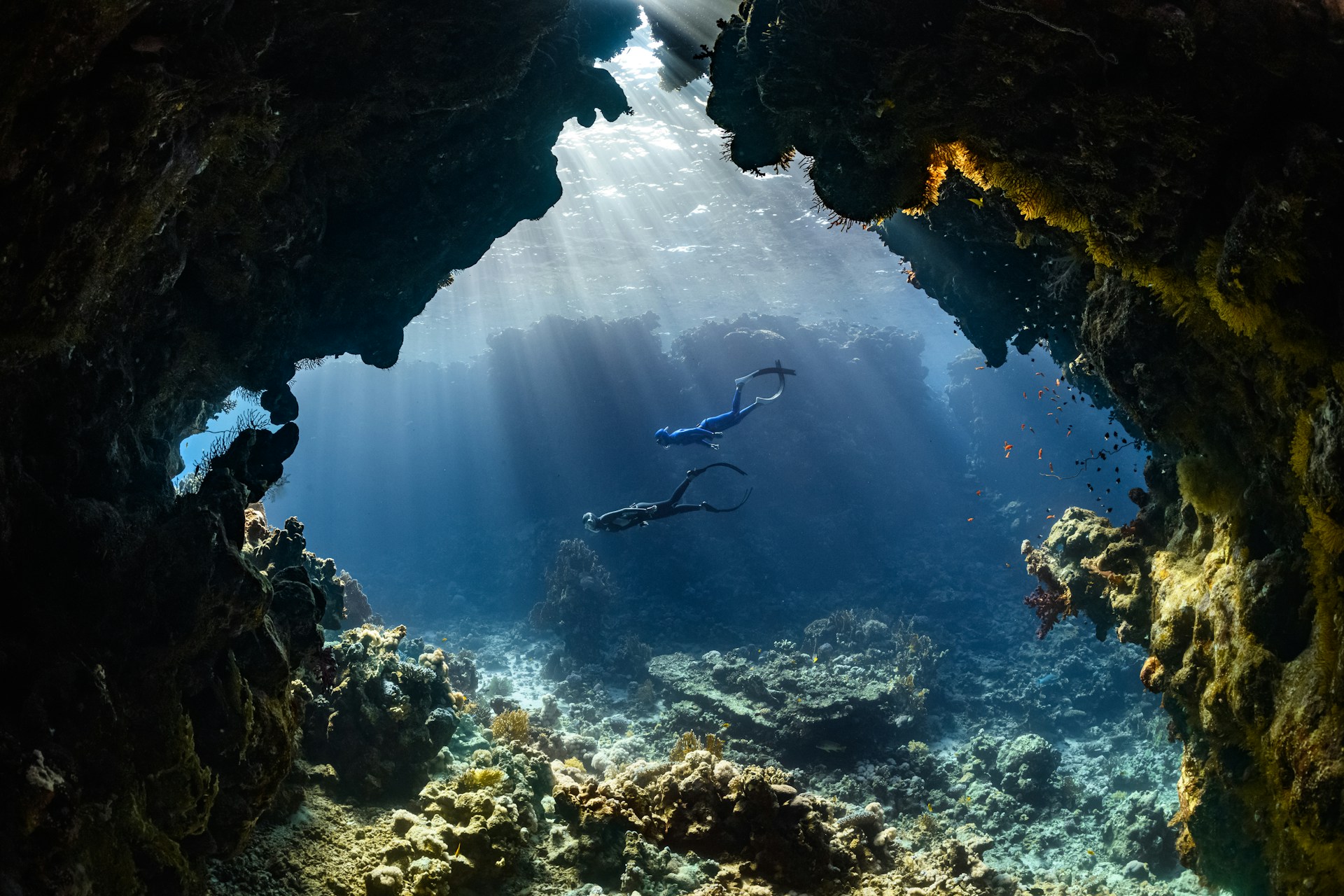Tourists continue to flock to the waters of Tulamben in Karangasem, Bali, drawn by the unique diving experiences it offers. On Monday, April 14, 2025, divers were seen exploring the famous wreck of the USS Liberty, which lies submerged just off the coast of Tulamben village in the Kubu district.
Tulamben’s coastal waters have earned global recognition as a top-tier diving destination, especially for those interested in marine biodiversity and underwater photography. The centerpiece of the attraction is the wreck of the USS Liberty, a U.S. Navy cargo ship torpedoed by a Japanese submarine during World War II. It was later beached and then pushed into the sea by volcanic activity from Mount Agung in 1963, turning it into one of the most accessible and fascinating wreck dives in the world.
Today, the shipwreck is a thriving artificial reef, teeming with marine life such as parrotfish, bumphead wrasses, and even the occasional reef shark. Coral and sea fans now cover much of the structure, making it both a historic site and a vibrant marine ecosystem.
Beyond the Liberty, Tulamben offers other notable diving spots. Batu Kelebit, known for its deeper waters and excellent visibility, attracts more experienced divers looking to encounter larger species like barracudas and trevallies. The Tulamben Wall, a vertical drop rich with corals and macro life, offers a completely different diving experience just a short swim from the shore.
For beginners or those seeking a more relaxed dive, Coral Garden provides a shallow reef filled with colorful coral formations and a wide array of tropical fish. Another highlight is the Anemone Garden area, named for its dense population of sea anemones and resident clownfish, offering a picturesque and lively underwater landscape.
These diving spots have made Tulamben a must-visit location for diving enthusiasts from around the world. The clear waters, diverse marine life, and historical intrigue of the USS Liberty wreck combine to offer a unique blend of adventure and natural beauty that continues to captivate visitors year after year.

